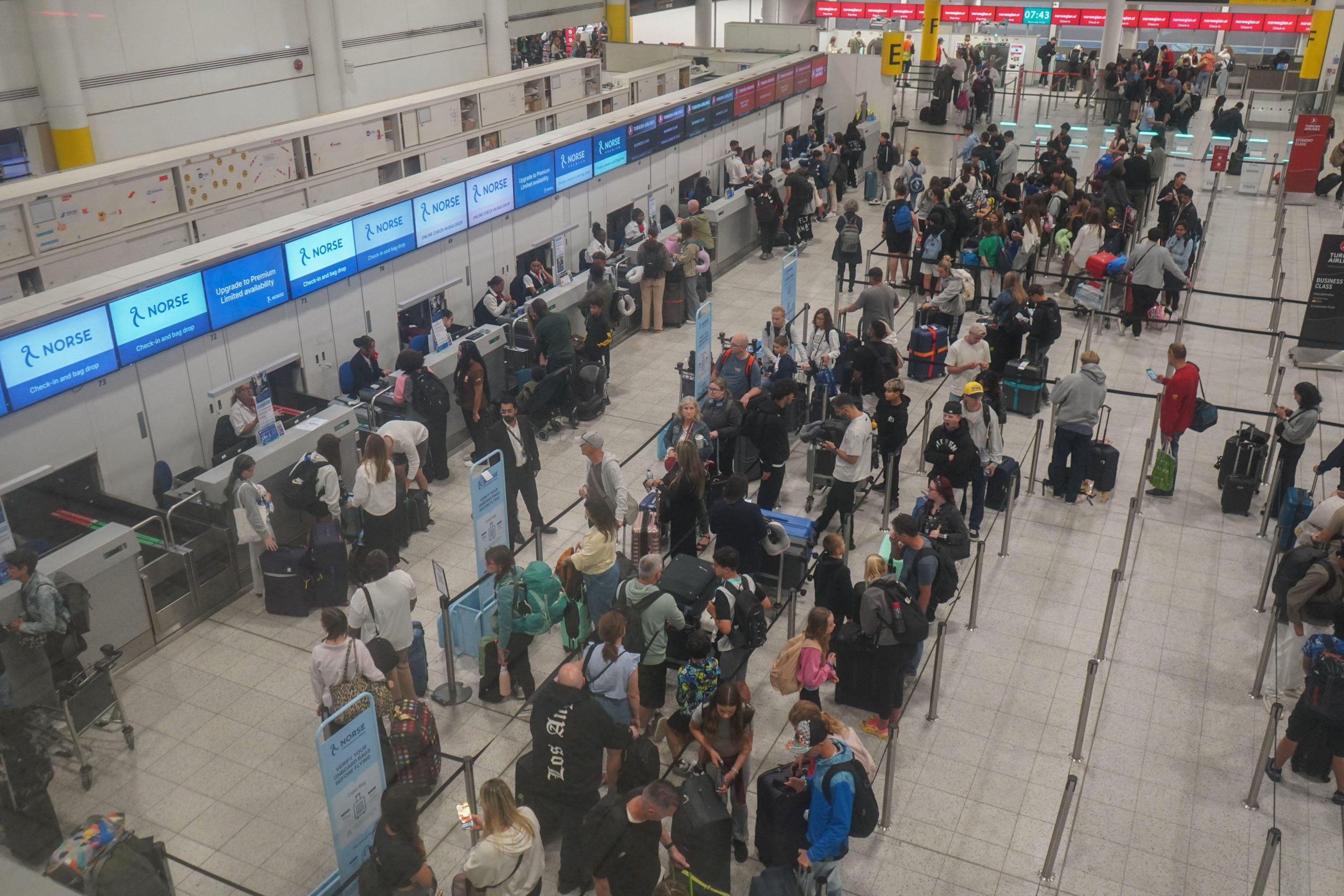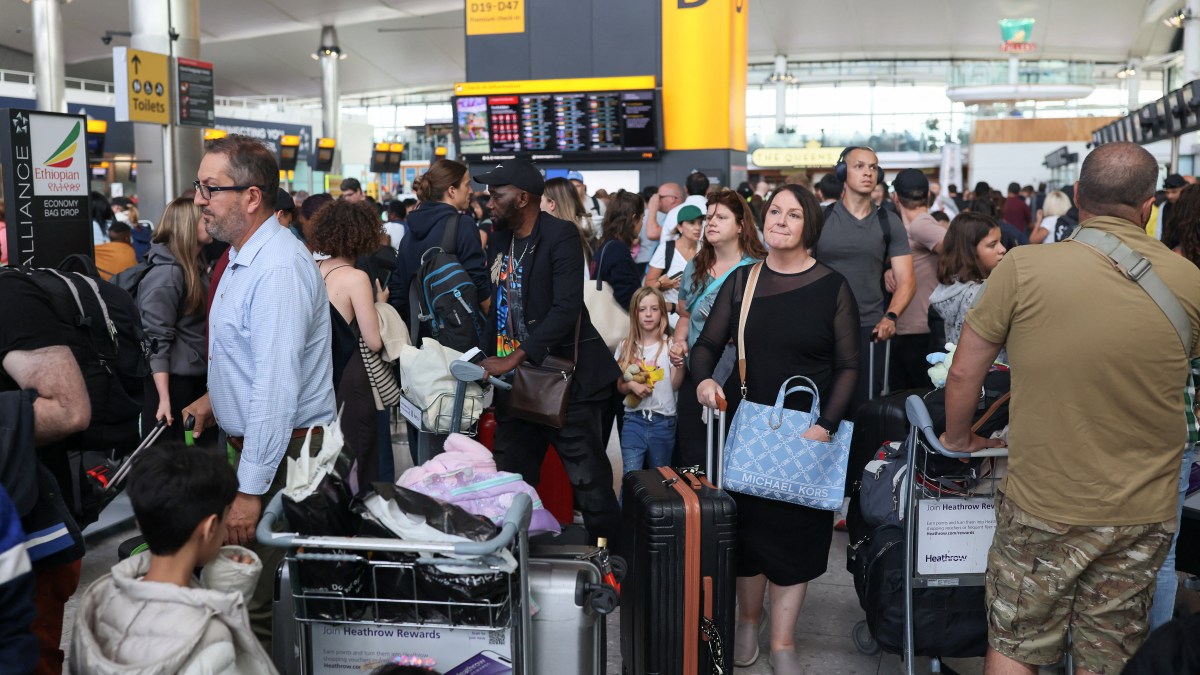Air passengers across the UK were advised to check flight information with their airlines after an air traffic control (ATC) issue caused widespread disruption on Wednesday. Over 150 flights were cancelled, and thousands of others were delayed or grounded.
NATS, the UK’s air traffic control provider, resolved the problem within 20 minutes by switching to a backup system, restoring full operations within an hour. Despite the quick fix, the disruption had a ripple effect across the aviation network, particularly during the peak summer travel season.
Officials Address Fallout as Airlines Warn Disruptions May Persist for Several Days
Transport Secretary Heidi Alexander met with NATS CEO Martin Rolfe to understand the incident further. She confirmed the disruption was not due to any malicious activity and described the event as isolated. While acknowledging passenger frustration, she urged travelers to keep in touch with their airlines.
Meanwhile, major airports such as Heathrow, Gatwick, and Manchester reported operations were returning to normal on Thursday. However, several flights were still cancelled, and airlines like EasyJet and Ryanair called for accountability, criticizing the recurrence of such failures.

Though systems were quickly restored, the knock-on effects were substantial. Travel expert Simon Calder noted the disruption would likely last for days as airlines worked to reposition aircraft, crew, and stranded passengers.
With minimal slack in the system during the high-travel summer season, many travelers faced delays in getting home. According to aviation data from Cirium, 84 departures and 71 arrivals were cancelled on Wednesday evening, with Thursday morning showing continued though limited disruptions.
Stranded Abroad, Stressed Families, and Mounting Questions Over UK Air Traffic Resilience
The incident left many passengers stranded in foreign countries. One family stuck in Antalya, Turkey, expressed distress over being told they couldn’t return to the UK until Saturday. The mother, Vicki Sluce, described how the delay was taking a toll on her children emotionally and physically. With limited alternatives and no compensation for extraordinary events like this one, many travelers were left frustrated and uncertain about their travel plans.
Airlines have legal obligations under UK law to provide meals, accommodation, and alternative transport to delayed or stranded passengers. However, passengers are not entitled to additional compensation for extraordinary events like ATC failures.
NATS confirmed the issue was radar-related and not cyber in nature. Calls for resignation from Ryanair and criticism from EasyJet followed the incident, while others, including industry veteran Graham Lake, defended NATS’ response, arguing the system had been restored swiftly and safely. The incident raises ongoing concerns about the resilience of UK air traffic infrastructure.












Leave a Reply